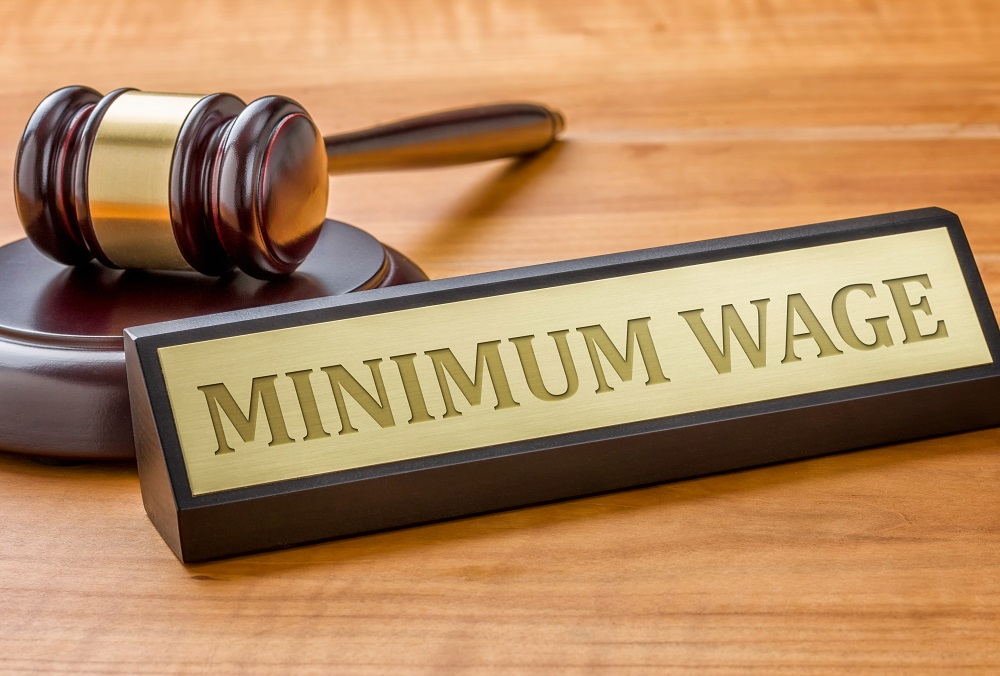Immigration laws are a set of regulations that allow the federal government to control both the entry of people and the duration of their stay in the United States. US immigration laws also cover naturalization, as well as the detention and deportation proceedings for foreign nationals who enter the country without permission, overstay their visit, or lose their legal status.
The Trump administration’s immigration policies closely mirror its highly nationalistic economic and foreign policies, reversing decades of US immigration policy, which welcomed immigrants and refugees from around the world. Due to the xenophobic climate encouraged by the Trump administration, many immigrants in the workplace are at greater risk of experiencing immigration discrimination.
What Is Immigration Discrimination?
Immigration discrimination is the unfair or unequal treatment of an individual or group of people based on a personal characteristic or status, such as their race, national origin, gender, political background, and religion. It must be emphasized that immigrant workers who are in the United States under a valid employment visa and work permit generally have similar rights to other workers.
The Immigration Reform and Control Act of 1986
The Immigration Reform and Control Act (IRCA) protects the jobs of both American and foreign residents. It also prevents the hiring of undocumented workers. Thus, this law obliges employers to check the identity and employment eligibility of the following persons:
- Regular and temporary employees
- Interim staff members of agencies
- Student employees
The above-mentioned process assures the protection of properly-documented workers under the country’s labor law.
Worker Protections Under the IRCA
The IRCA makes it illegal for employers who employ between 4-14 workers to unfairly treat employees based on their race, nationality, and other characteristics protected under anti-discrimination laws. Also, if employees decide to request for protection under the law, employers are not allowed to retaliate against them.
Discriminatory Employment Practices Prohibited by the EEOC
Additionally, the Equal Employment Opportunity Commission (EEOC) has laws that prevent employers from discriminating against their employees based on race, nationality, and other aspects. These regulations also prohibit employers from applying some of the following discriminatory practices:
- Discriminatory recruitment of additional hires;
- Discrimination towards job applicants;
- Discriminatory wage and benefit payments towards employees; and
- Harassment of employees based on their race, gender, nationality, or other aspects, or involvement in a complaint, claim, or inquiry related to discrimination.
How to Safeguard Your Employment Rights
At this point, we would like to stress that your current or future employer should not single you out for mistreatment based on your immigration status and work documentation. If you’re the victim of immigration discrimination, then you should contact a reputable immigration lawyer or employment discrimination lawyer in Los Angeles, not just to obtain just recompense for the damages you’ve suffered, but also to safeguard your employment rights.








